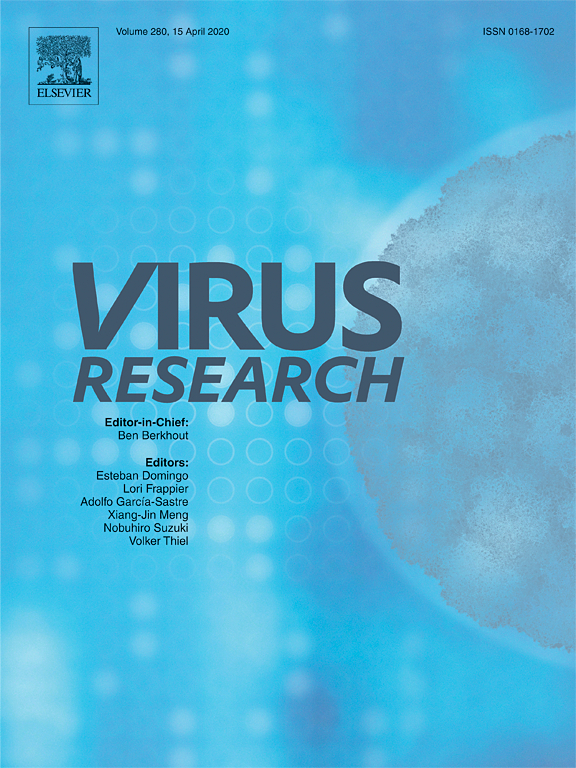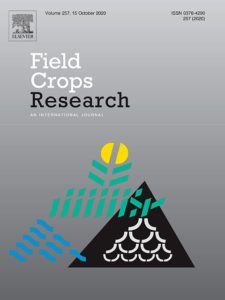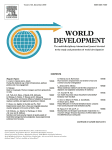Potato yellowing virus (PYV, original code SB-22), an unassigned member of the Genus Ilarvirus Family Bromoviridae, has been reported infecting potatoes in Peru, Ecuador and Chile. It is associated with symptomless infections, however yellowing of young leaves has been observed in some potato cultivars. Thirteen potato and yacon isolates were selected after routine screening of CIP-germplasm and twenty-four were identified from 994 potato plants collected in Peru whereas one was intercepted from yacon in the UK. These isolates were identified using high throughput sequencing, ELISA, host range and RT-PCR. Here we report the sequence characterization of the complete genomes of nine PYV isolates found infecting Solanum tuberosum, four complete genome isolates infecting Smallanthus sonchifolius (yacon), and in addition 15 complete RNA3 sequences from potato and partial sequences of RNA1, 2 and 3 of isolates infecting potato and yacon from Ecuador, Peru and Bolivia. Results of phylogenetic and recombination analysis showed RNA3 to be the most variable among the virus isolates and suggest potato infecting isolates have resulted through acquisition of a movement protein variant through recombination with an unknown but related ilarvirus, whereas one yacon isolate from Bolivia also had resulted from a recombination event with another related viruses in the same region. Yacon isolates could be distinguished from potato isolates by their inability to infect Physalis floridana, and potato isolates from Ecuador and Peru could be distinguished by their symptomatology in this host as well as phylogenetically. The non-recombinant yacon isolates were closely related to a recently described isolate from Solanum muricatum (pepino dulce), and all isolates were related to Fragaria chiloensis latent virus (FCiLV) reported in strawberry from Chile, and probably should be considered the same species. Although PYV is not serologically related to Alfalfa mosaic virus (AMV), they are both transmitted by aphids and share several other characteristics that support the previous suggestion to reclassify AMV as a member in the genus Ilarvirus.
Characterization of distinct strains of an aphid-transmitted ilarvirus (Fam. Bromoviridae) infecting different hosts from South America
Citation: Silvestre, R.; Fuentes, S.; Risco, R.; Berrocal, A.; Adams, I.; Fox, A.; Cuéllar, Wilmer J.; Kreuze, J.F. 2020.Characterization of distinct strains of an aphid-transmitted ilarvirus (Fam. Bromoviridae) infecting different hosts from South America. Virus Research. ISSN 0168-1702. v282. 12 p.
2020-05-12
BIODIVERSITY FOR THE FUTURE, CROP AND SYSTEMS SCIENCES CSS, CROP PROTECTION, POTATO AGRI-FOOD SYSTEMS, POTATOES
EUROPE, LATIN AMERICA, SOUTH AMERICA
BOLIVIA, ECUADOR, PERU, UNITED KINGDOM
journal_article



